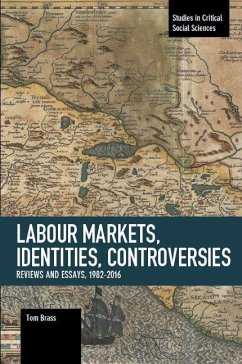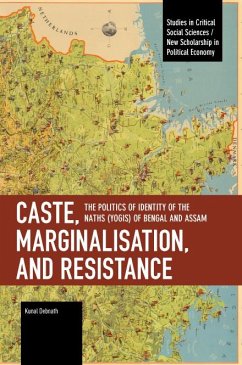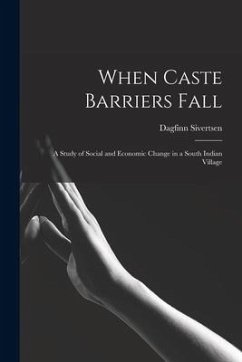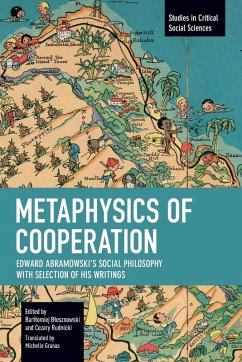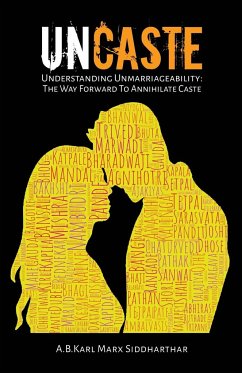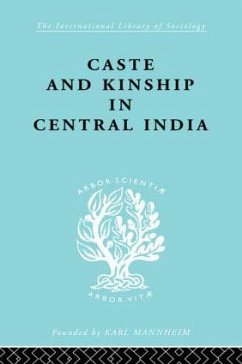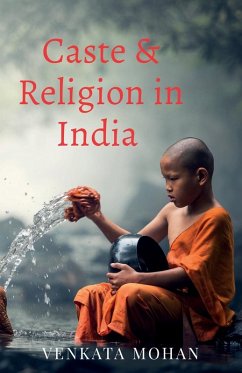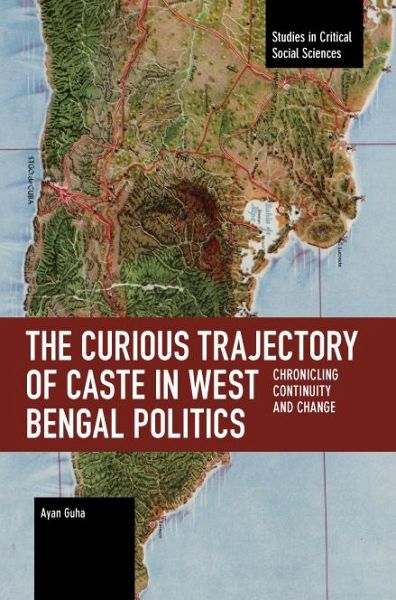
The Curious Trajectory of Caste in West Bengal Politics
Chronicling Continuity and Change

PAYBACK Punkte
15 °P sammeln!
This important book critically engages with the dynamics of caste in the politics of West Bengal, which unlike other parts of India has remained relatively free from large scale caste-based political mobilisation. The insignificance of caste in West Bengal politics has remained an enigma. Despite a growing interest in the politics of caste in West Bengal in recent years, in part due to the end of the world's longest serving democratically elected Communist government (1977-2011) - which put forward a class centric non-identitarian politics, the Caste question in West Bengal politics has remain...
This important book critically engages with the dynamics of caste in the politics of West Bengal, which unlike other parts of India has remained relatively free from large scale caste-based political mobilisation. The insignificance of caste in West Bengal politics has remained an enigma. Despite a growing interest in the politics of caste in West Bengal in recent years, in part due to the end of the world's longest serving democratically elected Communist government (1977-2011) - which put forward a class centric non-identitarian politics, the Caste question in West Bengal politics has remained under-researched. In this context, scholar Ayan Guha explores the reasons for the relative insignificance of caste in post-colonial West Bengal's politics and also assesses the future possibilities of caste-based identity politics in the state.





